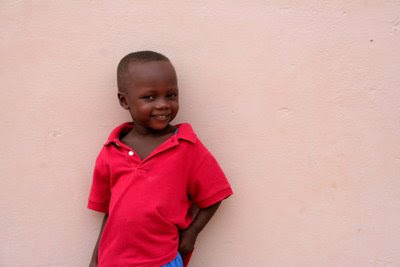
Quando olho para esta fotografia lembro-me que tinha de lavar a minha roupa à mão, dia sim, dia não. O tempo que passava no tanque servia para pensar em formas de me sujar o menos possível. Apesar de ter levado pouca roupa, o facto é que cheguei à conclusão de que isso me era favorável, pois assim nunca tinha muita roupa para lavar...
Quanto mais temos (roupa ou outra coisa qualquer), em mais trabalho nos metemos! Trabalho a cuidar do que é nosso, sobrando pouco tempo para pensar no que está à nossa volta...
Muito se aprende com as coisas simples da vida...
...tal como lavar a roupa à mão...
____________________________________________________________________
The violence with which the clothes were washed against that wood board made me wonder how one’s hands would be after the task. It intrigued me and I even made a drawing of the basins and the board…
When I look at this picture I’m reminded of how I washed my clothes, with my own hands every other day. I used the time I spent by the sink to think of ways to get as little dirty as I could. The fact that I only packed a few clothes when I went there turned out to be in my favor, because I never had that many clothes to wash…
The more we own, such as clothes or anything else, the more work we get ourselves into! Work to take care of what’s ours, reducing our spare time to think of what’s around us…
One can learn a lot with the simple things of life… such as washing clothes with one’s bare hands…













